|
One legacy of COVID-19 will be a long-term requirement to support those affected, by providing dedicated rehabilitation and support services.
The current medical guidance is for people to get back to their previous level of activity as soon as possible – even aiming to be more active.
At the moment, however, there’s limited guidance around how to do this and with COVID-19 leaving some people with everything from Long COVID to undiagnosed heart conditions (see HCM October 2020, p76), developing expertise in this area is vital.
The physical activity sector has the chance to step up as an essential service, but we must upskill, absorb knowledge as new understanding of the virus continues to emerge and appreciate that a bespoke approach will be required when dealing with this cohort. We take a look at emerging initiatives from across the activity sector.
|
TenClinical, UK
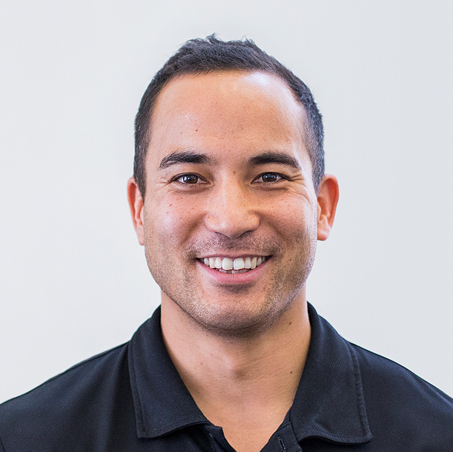 Adam Hewitt / TenClinical
The clinical division of boutique fitness provider Ten Health and Fitness, TenClinical was set up in 2018 as a clinical exercise rehab facility.
A Coronavirus Recovery programme has been designed, which sets out to reduce the impact of Long COVID, symptoms of which can include everything from diminished lung function, heart problems and muscular and joint disorders to chronic fatigue. COVID-19 can also exacerbate underlying health issues such as heart disease, diabetes, musculoskeletal and mental health conditions.
“Each Long COVID programme is designed around an individual client’s symptoms, condition, health and exercise history. It’s carefully prescribed, science-led and delivered and monitored on a one-to-one basis by qualified clinical exercise physiologists,” says Adam Hewitt, Ten’s head of clinical.
For many people, the recovery period can be worse than the infection itself
Plans vary but all include frequent assessments of pulmonary, cardiovascular and muscular strength and a prescribed exercise plan, including resistance and aerobic exercise.
GO fit, Spain & Portugal
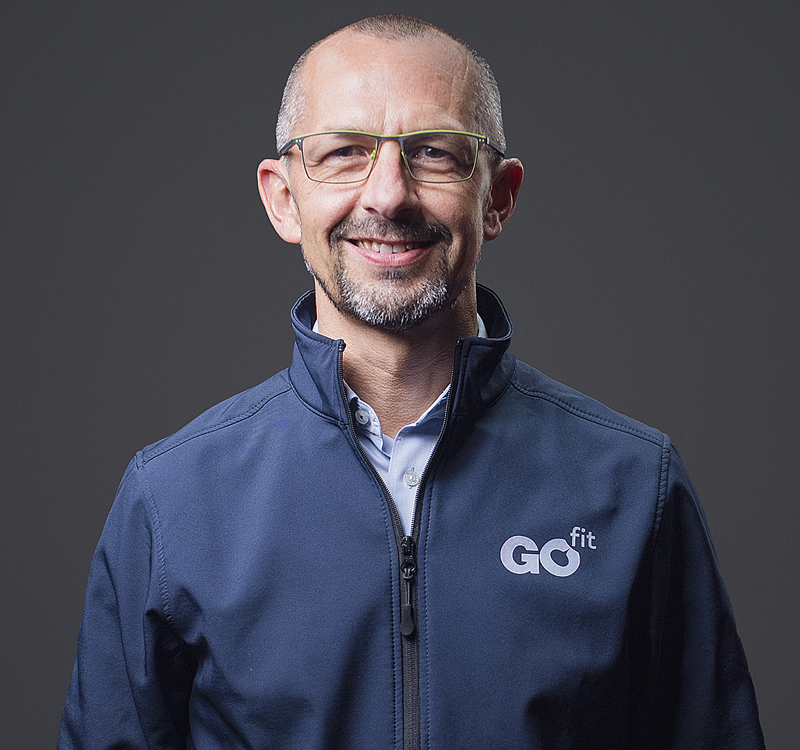 Professor Alfonso Jimenez / PHOTO: Pablo Tribello
We have academic collaborations around the world, but we wanted to go a bit deeper with the Advanced Wellbeing Research Centre (AWRC) in Sheffield, UK,” says Steven Ward, chief transformation officer at GO fit. “One of our current R&D investments is the RICOVR project, which among other things is taking a scientific approach to developing an exercise prescription model for COVID recovery.”
Professor Alfonso Jimenez is leading this project: “The work of the RICOVR unit, based at the AWRC, provides evidence of what works to support people recovering and rehabilitating from COVID-19,” he explains. “We’re particularly interested in supporting those with long COVID-19 symptoms, whose recovery journey is complex and non-linear.
“A further group of people living with long-term conditions, who have not contracted COVID-19, but whose physical and mental health may have deteriorated during lockdown, will also be supported through the research agenda of RICOVR.
“During lockdown, we introduced the GO fit Everywhere digital platform. It saw more than three million visits. That level of usage inspired gofit.tv, which launched last month. One of its key areas of content at the moment is COVID protection.
“Meanwhile, our app offers exercise programmes for members based on science, to be safe and effective.
“The four main programmes at the moment address health challenges in the aftermath of COVID-19. There’s a programme for sarcopenia, to help address muscle loss. There’s another for weight loss, there’s one for mental health. And there’s also a programme to reinforce immune function.
“Members can follow these programmes at home and in our clubs, where we’ve also identified group exercise classes which support this approach and optimised our studio schedules around them.
“We’re going further in the shape of ‘GO fit 2.0’, which launched in our new Madrid club in September and which we’ll roll out as quickly as possible.
We’re taking a scientific approach to developing an exercise prescription model for COVID recovery
“This new model is all about counselling members across seven key areas of health, with exercise prescriptions tailored to the individual with a view to improving their Happiness Score. Embedded in this approach are new families of programmes, one of which is Life Recovery – and this, as the name suggests, includes COVID recovery.
“All of this is complemented by high-quality educational materials which help members to understand why they should do all of this – how exercise helps their immune function, for example. It helps people commit to change.”
Nuffield Health, UK
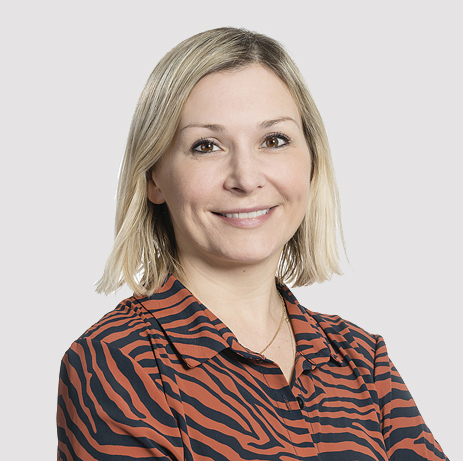 Dr Davina Deniszczyc / deanwhiting.com
Nuffield Health has created a 12-week rehabilitation programme to support COVID-19 patients in their recovery.
Blending physical therapy – including exercise – with mental health support, the programme is being piloted in partnership with Manchester University NHS Foundation Trust, with the trust having referred all patients involved in the pilot.
Following an initial online triage, conducted by a specially trained Nuffield Health physiotherapist, the programme involves a recovery plan for every participant, as well as personalised advice from a rehab specialist.
The 12-week programme starts with six weeks of virtual, at-home exercise, followed by a further six weeks within a Nuffield Health fitness and wellbeing centre. Patients also receive access to on-demand workouts, weekly support calls and are part of a cohort of participants with whom to share their experiences.
“We know some patients are going to need specialist support for their rehabilitation,” says Dr Davina Deniszczyc, charity and medical director at Nuffield Health. “Evidence from previous epidemics, such as SARS and MERS, shows it can take years for some patients to recover. However, many COVID-19 patients are being discharged from hospital with no formal recovery plan. We believe this is likely to result in a longer recovery process and prolonged side-effects.
“Nuffield is in a unique position in the fitness sector to use its broad range of expertise across clinical, fitness and mental health to develop a programme to support the nation as it recovers from COVID-19.
“We’ll be capturing data throughout the pilot – specifically at weeks zero, six and 12 – to measure outcomes and evaluate the success of the programme. We’ll then use these learnings to build and develop a national programme, sharing the data with the NHS and other healthcare providers.”
Many COVID-19 patients are being discharged with no formal recovery plan. We believe this is likely to result in prolonged side-effects
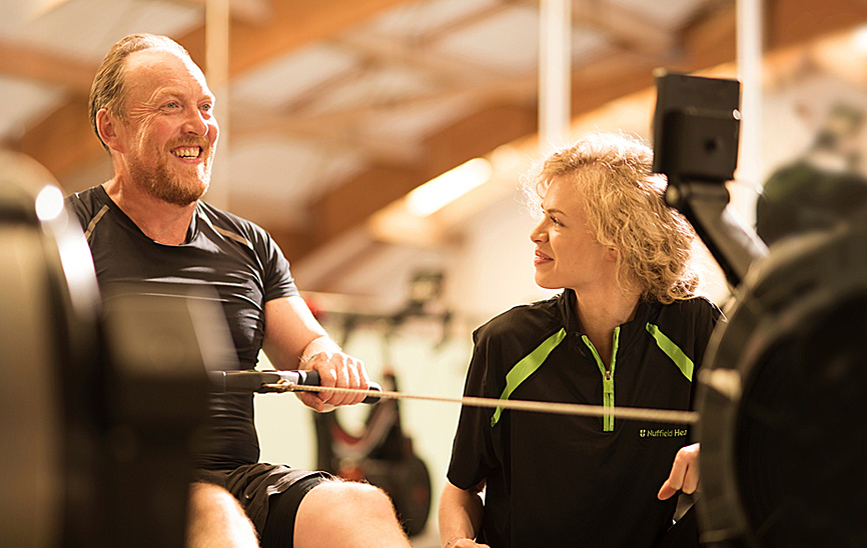
Patients receive access to workouts / Nuffield Health, UK
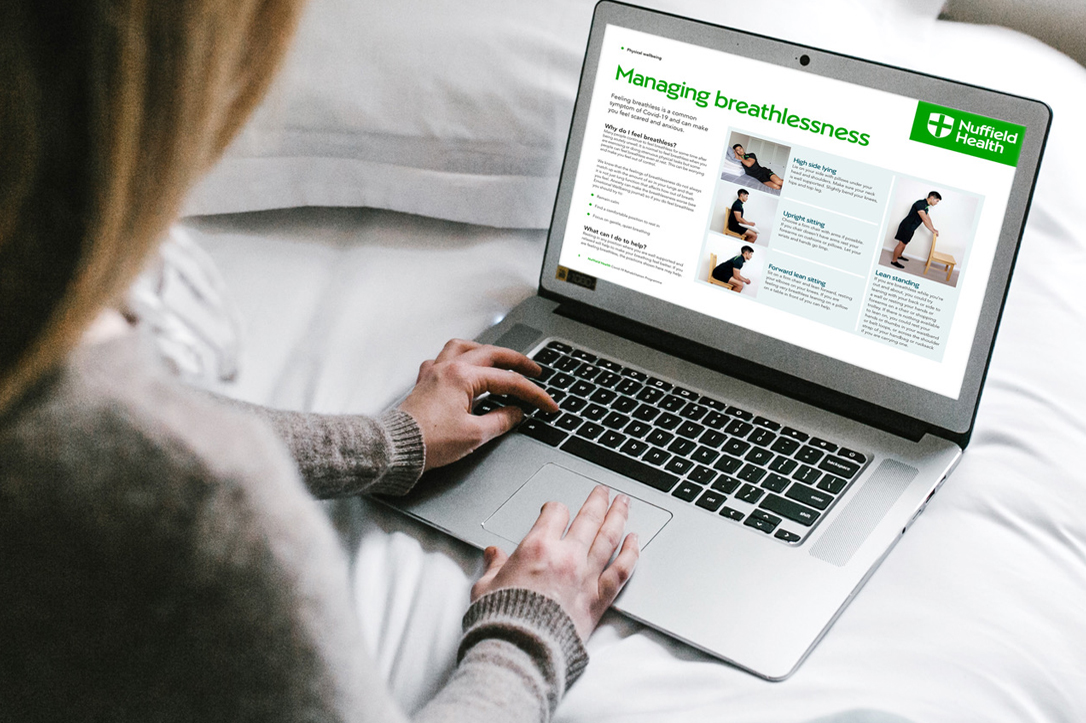
The programme involves a recovery plan for each participant / Nuffield Health, UK
Sport For Confidence, UK
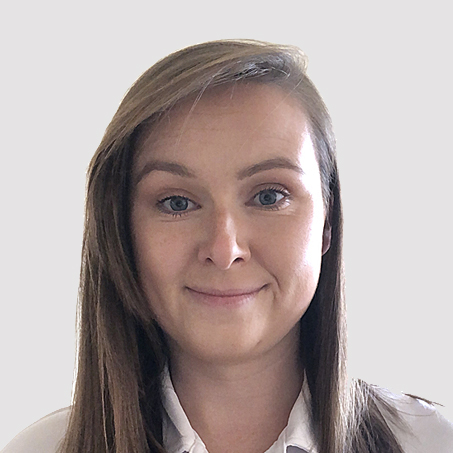 Megan Potts / Sport For Confidence, UK
Sport For Confidence – an organisation which places health professionals into leisure centres to support and deliver physical activity to anyone facing barriers to participation – has been successfully running COVID Recovery walking groups, even through lockdown.
“Support groups which have to be delivered in person – either formally organised to provide mutual aid, therapy or any other form of support – can continue, with up to 15 participants, provided they take place at a premises other than a private home,” explains Sport For Confidence occupational therapist and session leader Megan Potts.
“We have, however, chosen to reduce our numbers to eight per group, to make social distancing easier.”
The walking groups are taking place across Essex, with a total of five currently in operation. “The groups were launched to support marginalised individuals recovering from the COVID-19 infection, or the wider effects of COVID-19, such as social isolation or deconditioning,” explains Potts. “Creating a regular opportunity to be active, while also enjoying the company of others, helps restore balance to people’s lives.”
Since September 2020, one group has further boosted engagement and motivation by adopting Street Tag, the gamified healthy lifestyle app that rewards participation.
Support groups that have to be delivered in
person can continue with up to 15 participants
“Street Tag adds interest to our walks, as groups can compete against other local teams,” says Potts. “It also rewards activity outside the walking group, which encourages individuals to be independently active.”
The walking group is part of the Prevention and Enablement Model, an initiative funded by Essex County Council Adult Social Care and Active Essex, to prevent the worsening of medical conditions and enable independence.
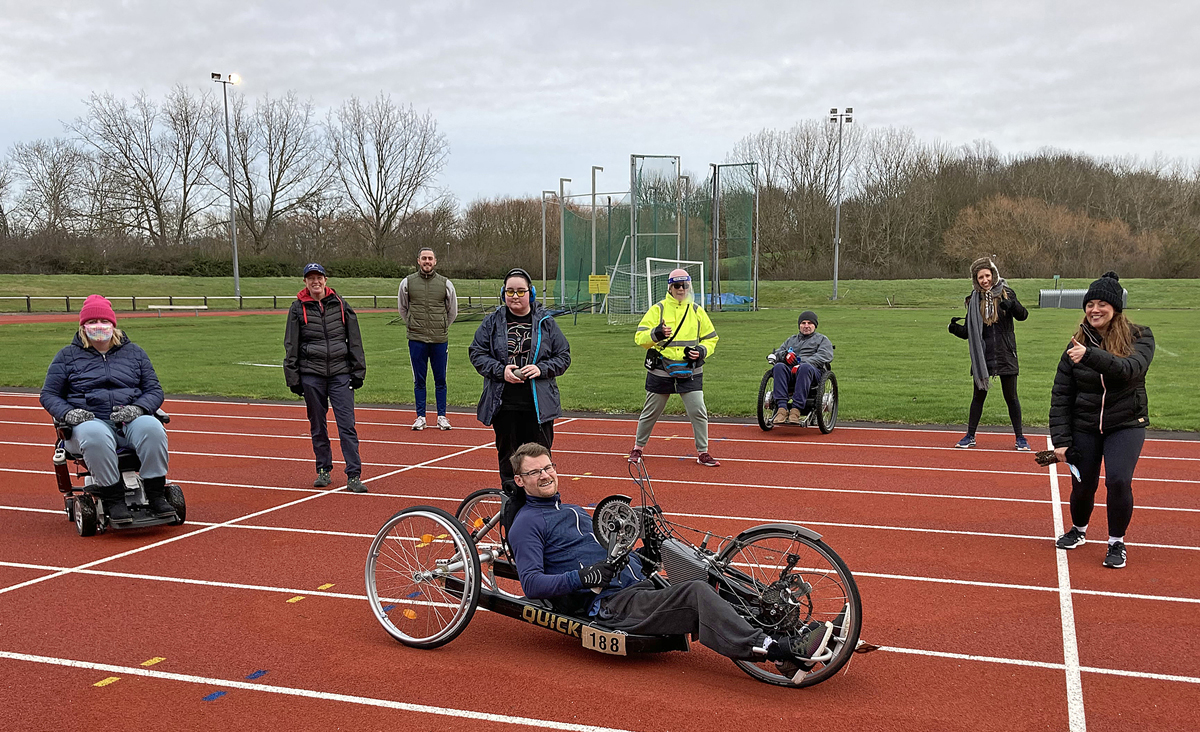
The recovery groups have continued through lockdown with up to eight participants / Sport For Confidence, UK
Life Leisure, UK
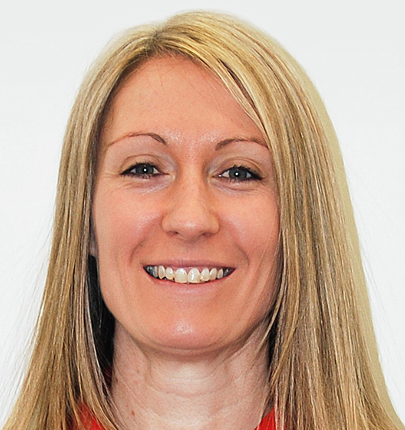 Michelle Childs / Life Leisure, UK
Around July of last year, conscious there were going to be a lot of people with post-COVID needs, our exercise referral team began consulting with medical experts across Stockport – GPs, ICU doctors, respiratory consultants,” says Michelle Childs, health development manager at Life Leisure.
“The result was the creation of a COVID Recovery Pack – funded by Stockport Council as part of the Stockport Moving Together initiative – which was simple for instructors to deliver to patients, even in the case of a further lockdown.
Comprising a pedal exerciser, three levels of resistance band and some information on recovery, these packs were dropped off at the houses of those in need, with each recipient teamed up with a Life Leisure referral coach.
“Drawing on their experience of working with conditions such as COPD, chronic fatigue and fibromyalgia, as well as those recovering from heart attack, our coaches have been guiding people through exercise recommendations either in-person in the park, or else via Zoom and WhatsApp,” says Childs.
“We’ve been working to help people along their very individual recovery paths. Rebuilding strength has been hugely important and making progress provides a boost to their mental wellbeing.
Helping people pace their recovery is an important part of what we do
Future Fit, UK
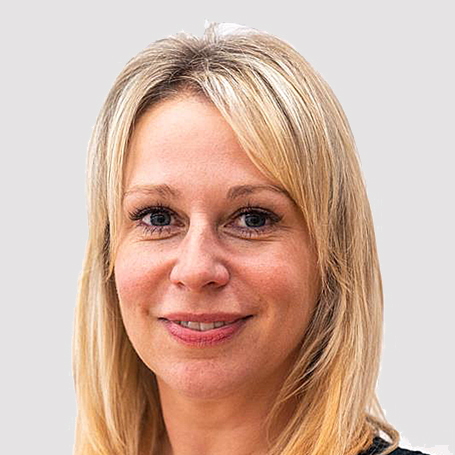 Elaine Briggs / Future Fit, UK
In February 2020, we started working with GM Active on a skills academy for its entire workforce,” says Elaine Briggs, director of education at Future Fit. “Then along came COVID-19 and added another requirement to the mix. Just three days into the first lockdown, GM Active was looking at what would be needed to upskill its staff to help those recovering from the virus.
“The clinical exercise R&D team at Future Fit, led by Anthony Crozier, got to work, in collaboration with the GM Active health promotion team, to develop a COVID-19 recovery programme. The result is an educational programme – which we’ll continue to update as more studies come out – which aims to give teams the confidence to deal with those suffering from Long COVID or the after-effects of COVID-19.”
The first unit of the course provides an introduction to COVID-19. The second focuses on rehab, including communication, recognising when it’s safe to exercise, monitoring breathlessness, behaviour change, exercise guidance and coping strategies. The third and final unit equips learners to apply their knowledge, covering health screening, exercise testing and prescription, fatigue management, and the services available for additional support if needed.
We aim to give teams the confidence to deal with those suffering from long COVID or the after-effects of COVID
CAWS, UK
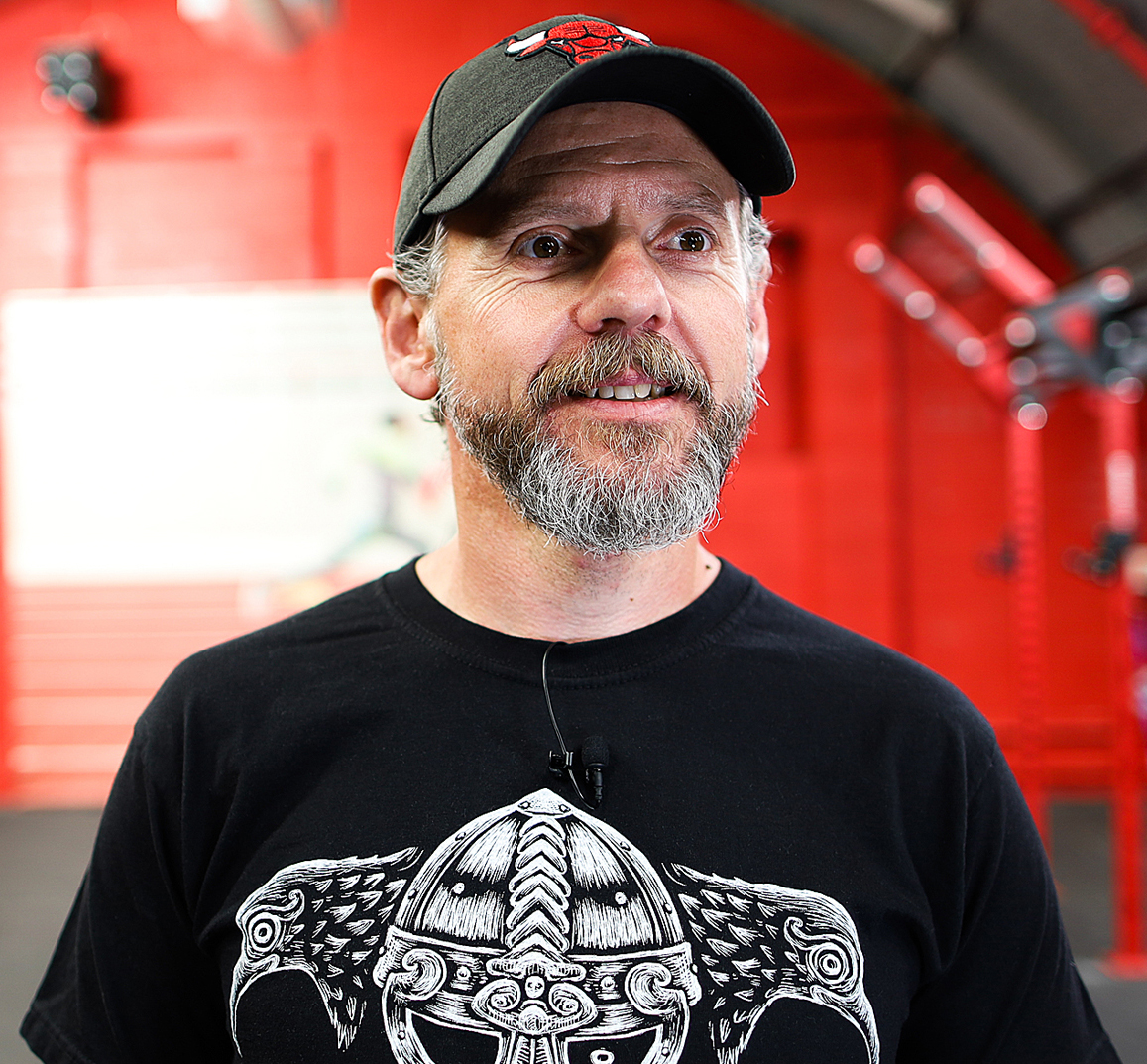 Dr Colin Robertson is leading the CAWS programmes / CAWS, UK
Formulated in May 2020 by education company CAWS, Rebuild, Rebound and Fortitude are short courses which train people to deliver a range of interventions designed for a ‘continuum of needs’ from COVID-19 rehabilitation, to working with vulnerable individuals with chronic disease.
“The concepts and principles which a coach or trainer will learn through this process has significant real-life application and is a segue to managing all clients with chronic disease, either pre-existing or brought on by COVID-19,” says CAWS MD, Mel Spooner.
Rebuild – which focuses on teaching trainers and coaches to rehabilitate individuals who previously contracted COVID-19, or who are suffering with Long COVID – has been gaining traction across the fitness sector.
Premier Global NASM provides access to Rebuild as part of its PT diplomas programme, with learners given access to the CAWS platform.
ukactive, EuropeActive, CIMSPA and EREPS are also all supporting the course. Launched in November 2020, Rebuild is being used by a number of operators, from Places Leisure – with whom CAWS is working to develop healthy community pathways – to Village Hotels and 3d Leisure.
Programmes are led by CAWS education director, Dr Colin Robertson, an exercise physiologist and clinical researcher who specialises in managing disease through physical activity, exercise and nutrition. Robertson also works on cancer and diabetes interventions.
“Our motivation for creating Rebuild was less a perceived opportunity and more a sense of obligation,” he explains. “We wanted to help the industry brace and prepare for what could be seen coming over the horizon from the very outset of the crisis.
“A significant aspect of effective recovery from COVID-19 is managing the pace of rehabilitation and return to activity,” says Spooner. “That’s difficult for an individual to self-manage without understanding effective progress markers, exercise physiology and the pathology of COVID-19.
“Our sector is able to step in and handle this. As a profession, we have the club infrastructure and the workforce to deliver the complete rehabilitation of someone from COVID-19, following their acute phase and beyond.”
Our motivation was less a perceived opportunity and more a sense of obligation
|
|
